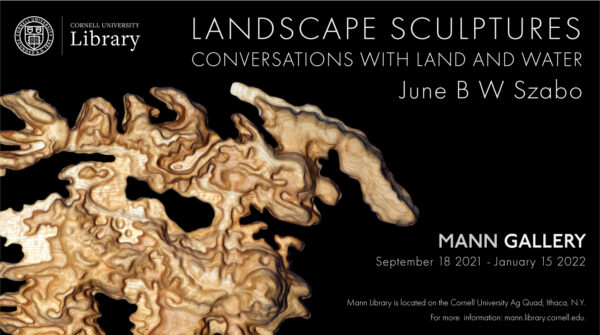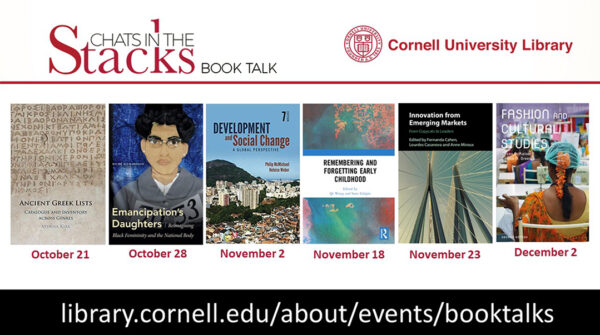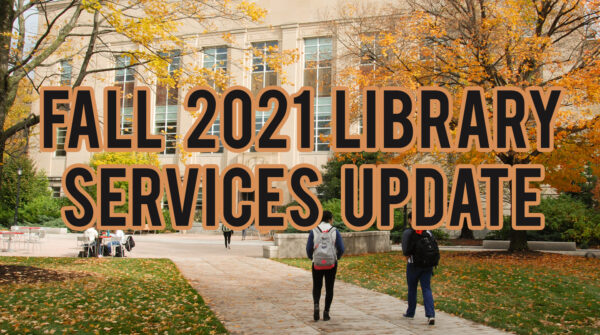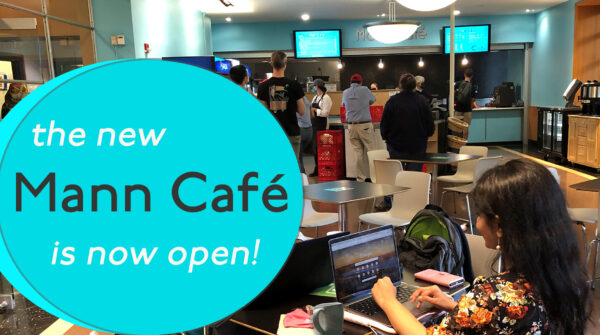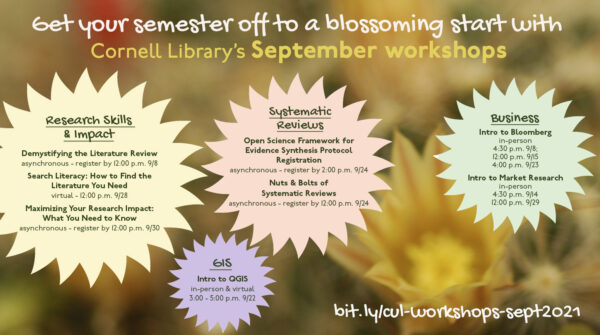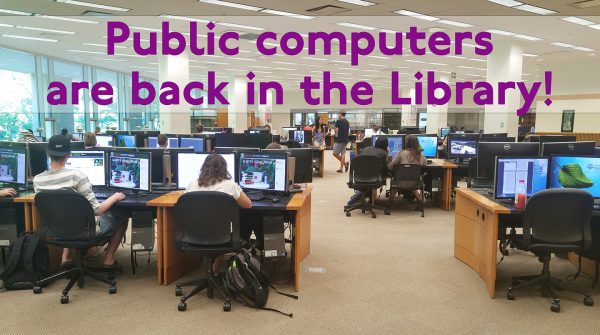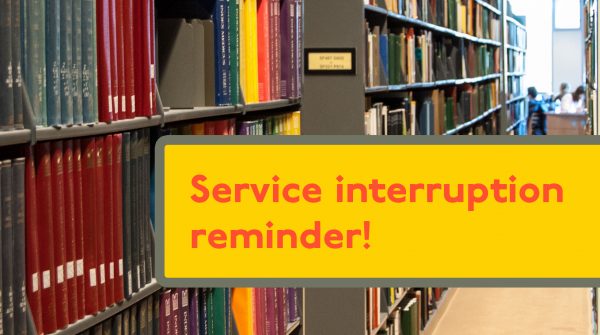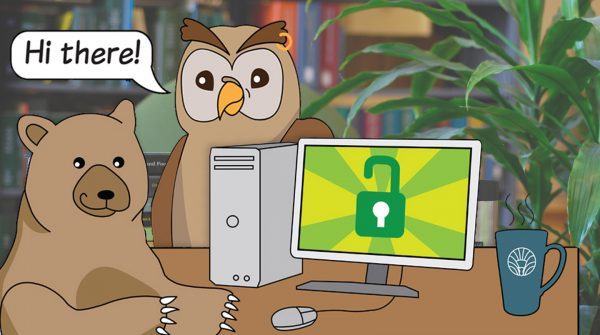Press Release Mann Gallery
For Immediate Release, September 30, 2021
June Szabo: Landscape Sculptures, Conversations with Land and Water, a new exhibition by Finger Lakes sculptor June B W Szabo explores the themes of decay and renewal, loss, and place through wood and wire sculptures inspired by regional geomorphology.
Ithaca, N.Y. – A new exhibition, Landscape Sculptures, Conversations with Land and Water, opened in late September in the Mann Gallery at Cornell University’s Mann Library. It features the work of sculptor June B W Szabo whose wood and woven copper wire sculptures explore themes of loss, the temporal nature of place, and decay as a means of renewal. A longtime resident of the Finger Lakes Szabo’s process begins with personal exploration of a regional landscape, enhanced by highly detailed relief maps and deep research into the geomorphology of each location. In her studio these experiences are rendered material through Szabo’s manipulation of beads, copper wire, and local hardwoods.
The exhibition, which brings together objects from the most recent period of Szabo’s practice, includes a number of new works. In describing the common thread shared by all the sculptures in the show, Szabo says the “thought that has guided me for this installation is that of letting go. There is much in all our lives that we have little control over, which can be a source of anxiety and a sense of loss. Working wood and wire to reflect on how land is built up as it’s worn down over time, how decomposition in fungi and plants leads to new growth —for me this work has been a lesson in what we gain by letting go.”
Indeed, her new sculpture Let Go to Grow created by wrapping and coiling copper wire, explores how the renewal seen in spring and summer landscapes depends on the loss and decay that occur each fall and winter. Reflecting on trees that have the power to “let go” of their own leaves in any season as a defense against stressors and as a means of renewal, this work proposes that letting go of fear and being open to nature’s law of return makes room for growth. In another new piece, Restoration, a hanging sculpture carved from poplar, Szabo references a moraine—an intriguing landform built by a thick accumulation of glacial drift transformed by wind and time into a forested expanse—which serves as a powerful metaphor for recovery and restoration.
Reflecting on the influences that have shaped her work Szabo cites the teaching of many Cornell scholars, including beloved geology professors O.D. Von Engeln and Arthur Bloom, whose many books detailing the geography and glacial history of the Finger Lakes Region have accompanied her throughout her journeys.
Landscape Sculptures, Conversations with Land and Water, will be on display at the Mann Gallery from September 18, 2021, until January 15, 2022. Mann Library is located on the Cornell University Ag Quad, Ithaca, NY.
